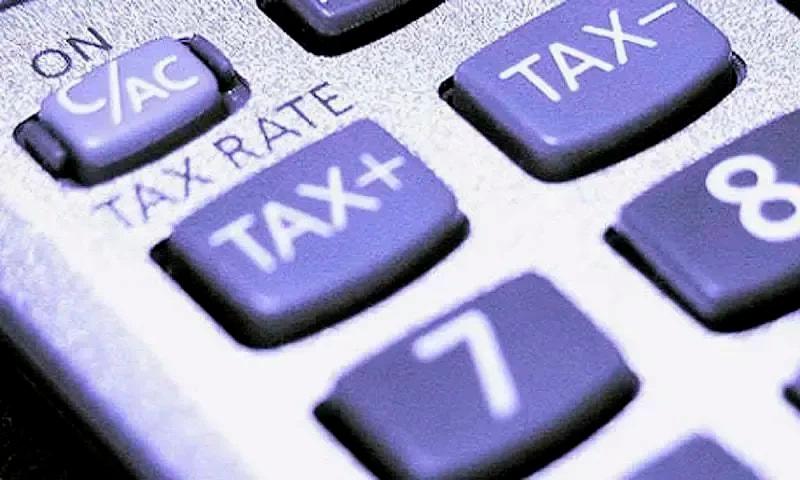MOST taxpayers tend to focus on the income tax aspect when one is dealing with the payment to non-residents for the purchase of services. The service tax element is forgotten by taxpayers because they are either not aware of the legislation or there is a lack of education and publicity for the need to account for the service tax on the importation of services.
The Inland Revenue Board (IRB) and the Royal Malaysian Customs Department (RMCD) do not view services in the same light. They have different rules and their interpretation and application of taxes on the importation of services is based on different principles. The issue that comes up with income tax authorities is whether the services are imported within the services category or do they fall within the royalty category and whether the services are provided in Malaysia or outside Malaysia.
Whereas RMCD does not have the issue about royalty and services and location of the services but whether the transaction has taken place and the services has been acquired by the taxable person. IRB and RMCD do not see eye to eye on this issue.
What is the scope of imported services?
Imported services must fall within the list of taxable services and it should be acquired by any person carrying on a business from a foreign person. Only persons not carrying on business will be excluded.
While it appears simple, there are problems here which most people do not appreciate such as timing of the acquisition, whether it should be consumed in Malaysia, the valuation of the imported services particularly in related party transactions, whether these services are taxable services, whether services are embedded into the goods imported, and is there a need to segregate the service element from the goods element. Quite often the agreements do not dovetail with the imported items.
To add to this conundrum, RMCD has amended the Regulations and Guides to include categories of taxable services provided outside the country into the service tax net. Two examples which don’t resonate with the business is the imposition of service tax on training programme conducted overseas. Another example will be repair cost incurred on materials and machinery which are sent and repaired overseas will also be brought into the service tax net. There are other examples which only adds to the cost of doing business. This goes against the spirit of service tax that it should only be confined to services provided or consumed in Malaysia.
The difference between the GST principle and SST principle
GST on imported services was only imposed when the services were consumed in Malaysia whereas SST doesn’t consider where the services are consumed but the party acquiring the services. Under SST, if a taxable person in Malaysia has goods being manufactured in China, and he engages a foreign party (e.g., Germany) to provide consultancy services directly from Germany to China for the goods that are being manufactured in China, the Malaysian taxable person still has to account and pay for imported service tax on the grounds that he has paid for and acquired the services from Germany even though the services were not performed or consumed in Malaysia.
RMCD is well aware of the high level of non-compliance on the taxation of imported services and this is a matter that regularly comes up during audit. Taxpayers who are caught by RMCD will face consequences such as late payment penalties up to 40%, penalties for failure to file the tax returns, and compounds. It is time to pay more attention to your imported service tax.
This article is contributed by Thannees Tax Consulting Services Sdn Bhd managing director SM Thanneermalai (www.thannees.com).









